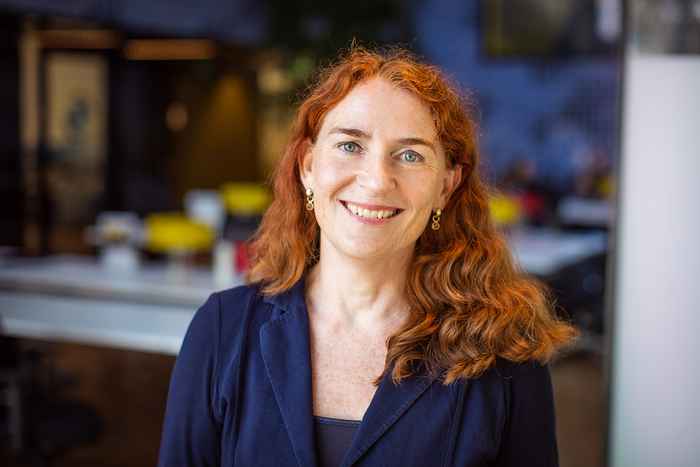Key Technology grant to reprogram cells via epigenetic editing
For sustained reprogrammed cell functioning by epigenetic editing with CRISPR
13 May 2022

Epi-Guide-Edit
CRISPR-Cas mediated genome editing allows straightforward genetic modifications with many potential applications. Although revolutionizing, the resulting genetic modifications evoke societal concerns. Epi-Guide-Edit brings together an interdisciplinary team delivering tools and rules to epigenetically re-write the cell’s gene expression in a robust and sustained manner without introducing genetic modifications. Epi-Guide-Edit rules and tools will be distilled in tractable cell systems and validated in relevant models to address major societal challenges, such as age-related diseases and global demand for food. The consortium will actively engage society to develop this new Key Technology in an acceptable manner, and invest in teaching programs to ensure beyond-science implications.
A multidisciplinary consortium
The Epi-Guide-Edit consortium consists of an interdisciplinary team with partners from Dutch universities, university medical centres and (inter)national companies. The partners are academic universities (University of Amsterdam, Leiden University, Wageningen University) medical centers (Amsterdam University Medical Centers, University Medical Center Groningen, Erasmus Medical Center, Netherlands Cancer Institute), applied universities (Avans University of Applied Sciences, Hanze University), a societal Institute (Rathenau Institute) and companies (Bristol Myers Squibb, Unilever, Bejo Zaden, Keygene, ENZA Zaden, KWS, Confocal.nl, Life Science Methods, Single Cell Discoveries, 10x Genomics).
The consortium will deploy a multidisciplinary (so-called 'wet' and 'dry lab') approach with both a biomedical and a biotechnological angle. Fundamental scientific research will be combined with medical, industrial and societal applications. Experts on education and social-ethical issues will work closely together with the fundamental scientists throughout the project such that interdisciplinarity and cross-fertilisation are ensured and that the obtained scientific findings can be easily transferred to non-scientific fields.
KIC seeks technological economic opportunities
The NWO research programme KIC focuses on groundbreaking innovative solutions with societal and economic impact. Companies, knowledge institutions and government bodies jointly invest in the commercial application of knowledge to tackle major societal challenges through the use of smart technologies. By doing this, both jobs and income can be secured for the future. This is established in the Knowledge and Innovation Covenant (KIC) 2020-2023 that connects with the Mission-driven Top Sectors and Innovation Policy of the Dutch government. NWO brings together companies and knowledge institutions and funds groundbreaking research based on their innovative, high-impact research proposals.